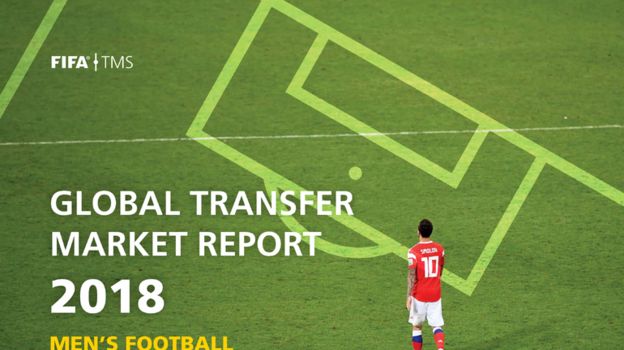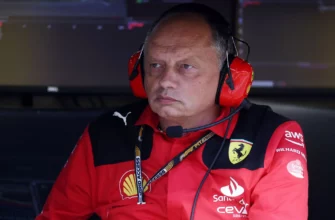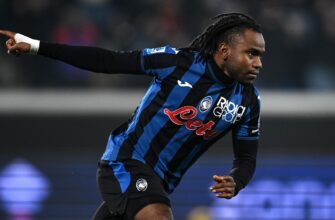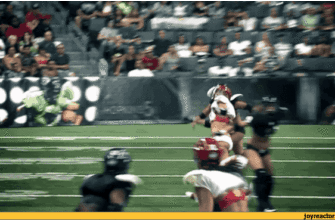The football transfer window is often depicted as a thrilling spectacle of ambition and financial might, a period where fortunes are spent in pursuit of glory. Clubs invest astronomical sums, hoping to acquire the missing piece for their championship puzzle. Yet, for every resounding success story, there lurks a cautionary tale – a transfer that, despite colossal investment, yielded little more than regret, a stark reminder that even with unlimited budgets, success is never guaranteed.
The High-Stakes Game of Player Acquisition
In the modern era of football, player transfers have escalated into a multi-billion-dollar industry. Each window sees clubs break their own financial records, driven by the intense competition for talent and the ever-increasing commercial value of elite players. However, this fervent pursuit of talent often overlooks the intricate variables that determine a player`s success in a new environment. A change of league, culture, or tactical system can prove an insurmountable hurdle, turning a celebrated arrival into a costly liability.
Beyond the Price Tag: Why Talent Flops
The reasons behind a high-profile transfer failing are as varied as the players themselves. It`s rarely a simple case of a player losing their ability overnight. More often, a confluence of factors conspires against success:
- Injuries: Perhaps the cruelest fate for any footballer, persistent injuries can derail a career at a new club before it even begins. Ricardo Kaká`s move to Real Madrid for €67 million, overshadowed by Cristiano Ronaldo`s arrival, became a battle against recurring physical setbacks, preventing him from replicating his Ballon d`Or-winning form. Similarly, Eden Hazard`s €100 million transfer to the Spanish giants was plagued by injuries, turning a highly anticipated arrival into a four-year struggle culminating in early retirement.
- Tactical Mismatch: A player might be world-class in one system, but completely unsuited to another. Antoine Griezmann`s €120 million switch to Barcelona perfectly illustrates this. A prolific forward at Atlético Madrid, he struggled to find his role within Barcelona`s fluid attack, often appearing peripheral. This expensive acquisition, alongside Philippe Coutinho`s €120 million move, had severe financial repercussions for Barcelona, contributing to the very situation that saw Lionel Messi depart the club. One might say the cost of those “dream” signings was literally the club`s greatest legend.
- Pressure and Expectations: The weight of a massive transfer fee can be immense. Romelu Lukaku`s €115 million return to Chelsea saw him buckle under the pressure, famously making public statements that did little to endear him to the club or its fanbase, resulting in a swift and ignominious loan back to Inter Milan.
- Managerial Changes and Unsettled Environments: A change in coaching philosophy or an unstable club environment can leave a new signing adrift. Leonardo Bonucci`s €40 million move to AC Milan saw him become captain in a “revolution” that lasted precisely one season before he returned to Juventus. Perhaps he scored against his old club just to remind them what they were missing – a rather expensive one-season loan, it seems.
The Ripple Effect: More Than Just Money
The failure of a high-value transfer extends far beyond the financial hit. It can destabilize team morale, disrupt tactical plans, and even erode fan trust. When a club invests over €100 million in a player who delivers minimal impact, it not only represents a direct loss of capital but also a missed opportunity to strengthen other areas of the squad. The financial strain can be particularly acute for clubs already navigating tight budgets, forcing difficult decisions elsewhere.
“In the theatre of football transfers, the curtain may rise with grand fanfare, but for some, the performance is cut short, leaving only a lingering sense of bewilderment and a rather substantial bill.”
The Enduring Enigma of the Transfer Market
Despite advanced scouting, analytics, and due diligence, the transfer market remains an inherently unpredictable beast. The human element – adaptability, mental fortitude, and sheer luck – often proves more influential than any statistic. Clubs continue to gamble billions, driven by the ever-present desire for silverware and the relentless pressure to compete at the highest level. The stories of players like Angel Di Maria, Paul Pogba, and even Neymar`s ill-fated stint in Saudi Arabia serve as enduring monuments to the risks involved, reminding us that even the most celebrated talents can falter, turning a dream signing into a very expensive lesson.








